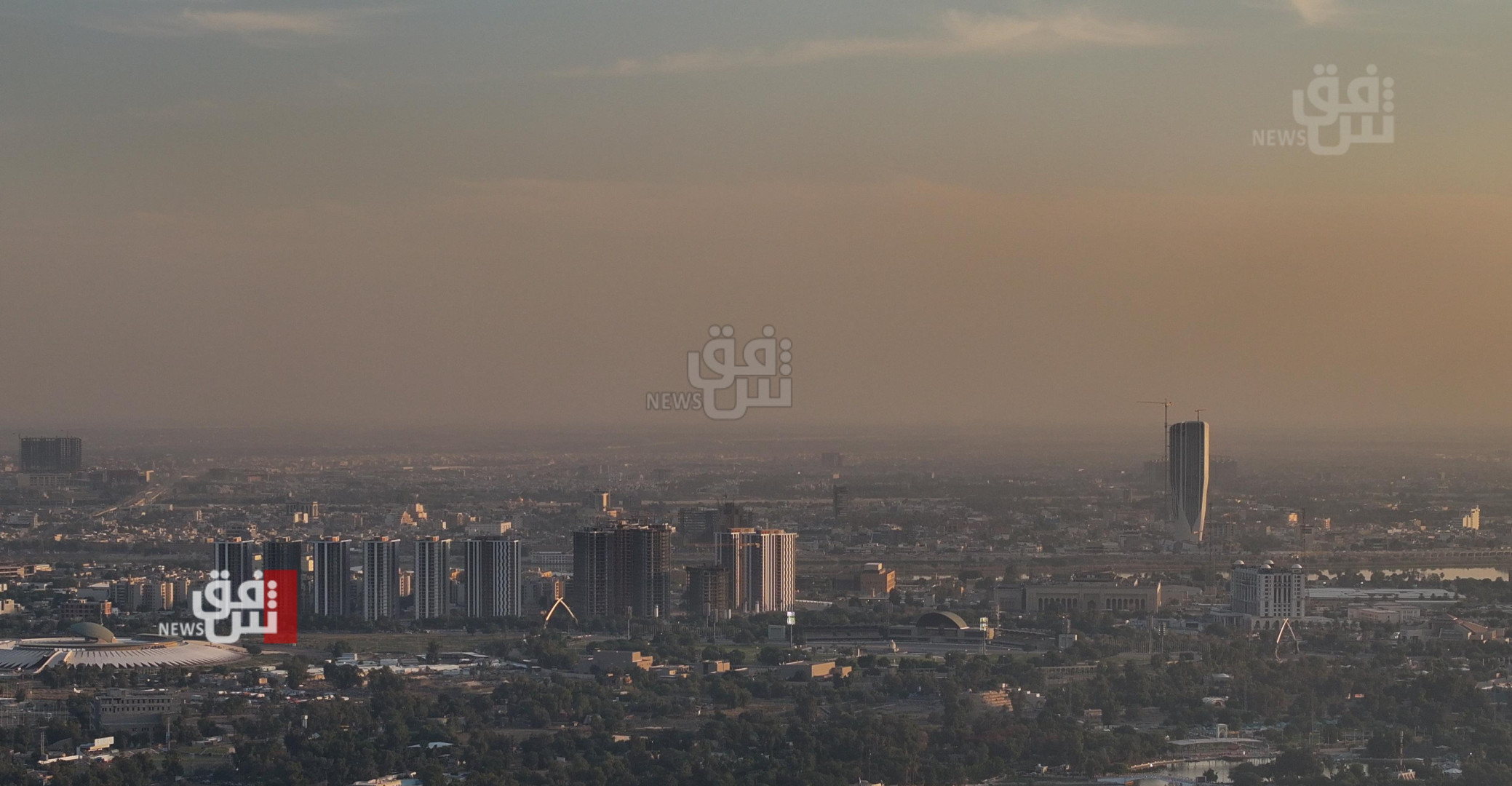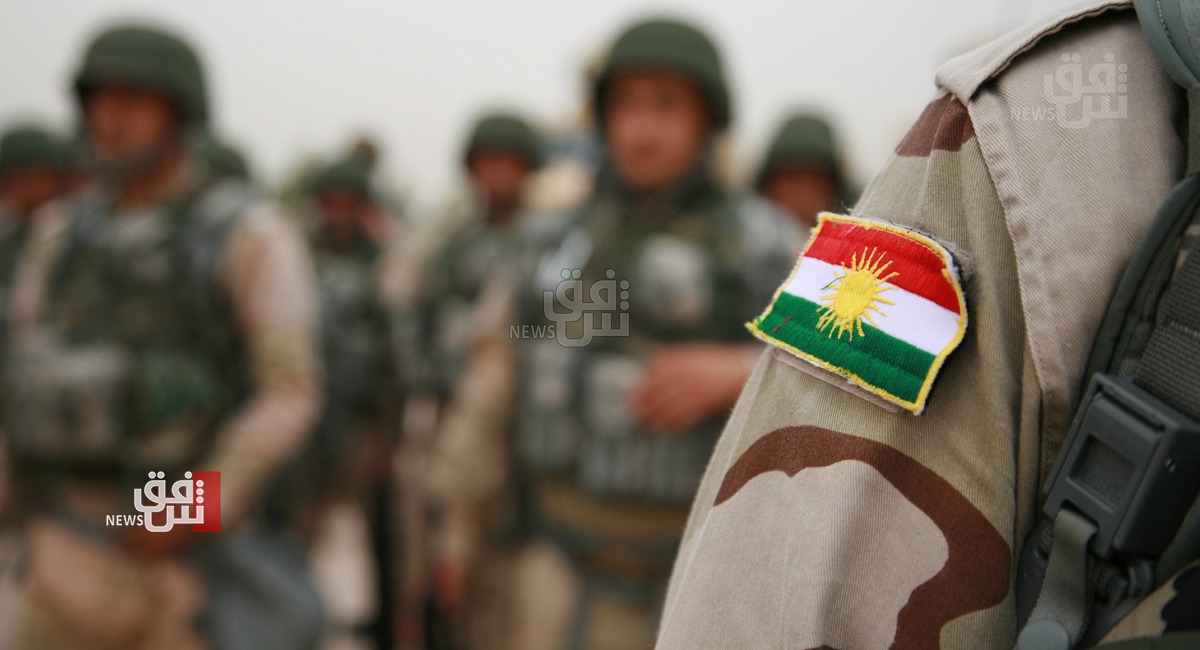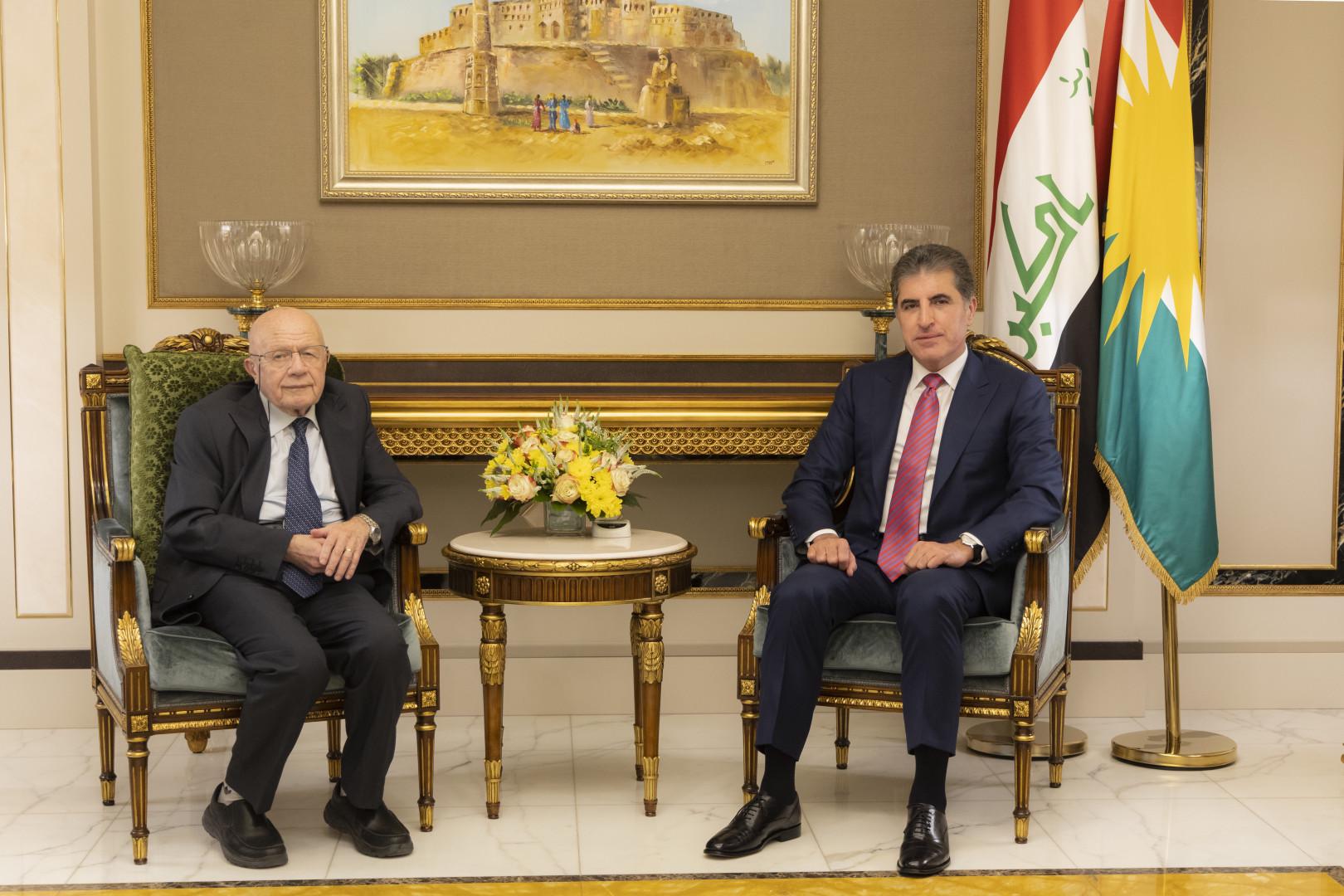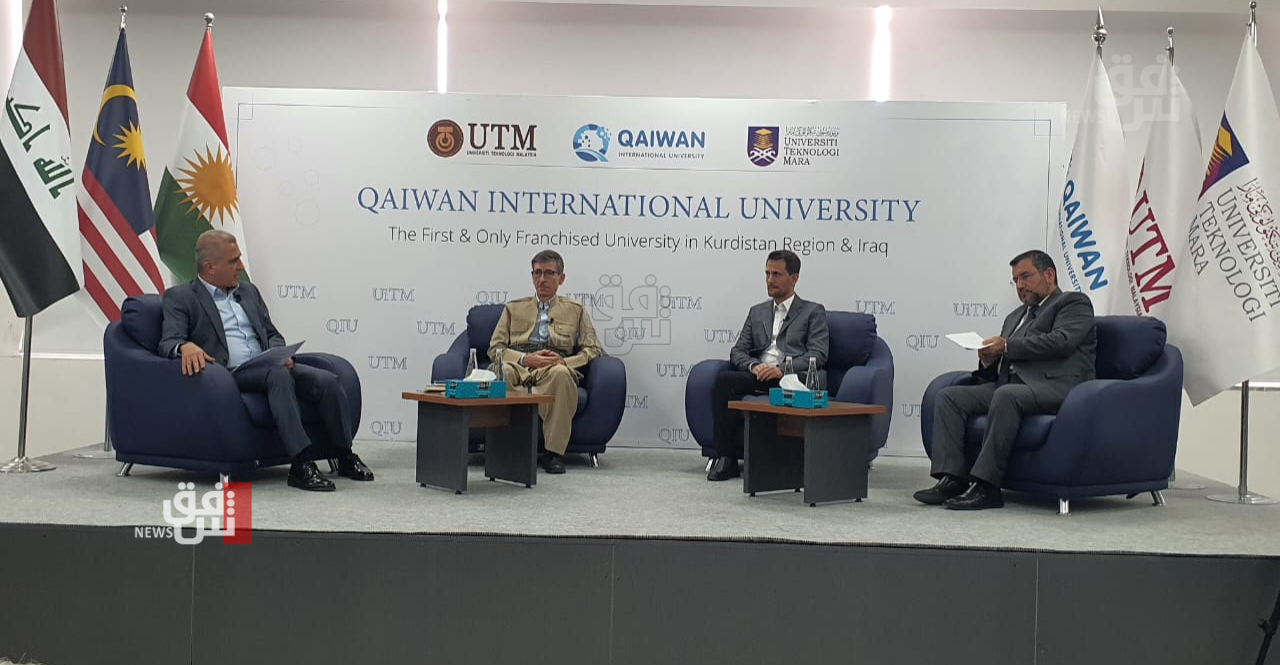Iraq prepares for pivotal census: hopes for economic reform and political challenges

Shafaq News/Iraq is set to conduct its first nationwide census in over three decades onNovember 21-22, a long-awaited effort expected to reshape the country’seconomic policies and social planning. While experts emphasize the transformativepotential of accurate demographic data, potential political tensions andlogistical hurdles cast a shadow over the landmark initiative.
EconomicInsight
Iraq'supcoming population census is expected to provide precise data on key economicindicators, such as unemployment, poverty, and housing needs, according toeconomic expert Ahmed Abed Rabbo.
Speaking toShafaq News Agency, Abed Rabbo pointed out that "previous figures from theMinistry of Planning were estimations, but the census will offer accurate andreliable statistics."
He notedthat the data could serve as “a foundation for informed decision-making,enabling policymakers to craft realistic budgets, strategies, and developmentplans based on factual data.”
"Thecensus has the potential to reshape Iraq’s economy and revamp its investmentand service map significantly," Abed Rabbo added.
Internationaleconomics professor Nawar Saad described the census as "a pivotal stepwith potential long-term economic and social impacts." Saad told ShafaqNews that the initiative transcends mere population counting, as it will detailthe demographics, including age distribution, residency patterns, and educationlevels. These insights, he argued, “will lay the groundwork for sustainabledevelopment plans that address real needs, thereby bolstering the nationaleconomy.”
Saadhighlighted several potential benefits, such as enabling fair resourcedistribution among provinces, improving urban planning, and enhancing publicservices.
“The censuscould also support private sector growth and reduce reliance on the publicsector, aligning with the government’s 2024-2028 development strategy. “
However,Saad cautioned about potential risks. "If the data is not properlyutilized, the census could reveal critical issues like high unemployment orinadequate infrastructure, potentially exacerbating social tensions if theseproblems are not addressed swiftly and effectively," he warned. He alsostressed that “without meticulous post-census planning, Iraq might remainreliant on imprecise estimates, undermining development prospects.”
Saadconcluded, "The success of the census hinges on Iraq's ability to leverageits findings effectively to design inclusive economic and social policies. Ifdone correctly, it could mark a turning point for sustainable development andsocial equity. Otherwise, it risks becoming yet another missedopportunity."
Despite thecensus’s importance, its success depends on maximizing its outcomes,particularly in navigating the challenges posed by Iraq's politicallandscape.
PoliticalWill Key
Economicexpert Dhiaa Al-Mohsen believes that Iraq's challenges extend beyond theoutcomes of the population census, hinging instead on the politicalleadership’s readiness to address systemic issues.
"Thecensus results alone won’t change the current situation. The real issue lies inthe political class's willingness to end the pervasive disarray, particularlyin the stagnant economic sector." Al-Mohsen told Shafaq News.
Al-Mohsenhighlighted that the census serves as a “precursor,” offering indicators toguide the government in developing forward-looking economic and socialpolicies. "The data collected on census day will help identify workforcestrength and employment patterns to benefit the national economy," heexplained.
He addedthat the census will also provide policymakers with insights into educationlevels and geographic distribution, allowing for targeted economic strategiesthat could drive substantial growth.
"Thehope," Al-Mohsen concluded, "is that the government will take thecensus results seriously and use them to effect meaningful change in Iraq.Without this commitment, even the most accurate data will fail to deliver thedesired impact."
Beyondpolitical readiness, ensuring the census's success also hinges on meticulouslogistical planning.
CensusLogistics
Iraq’s lastnationwide census was conducted in 1987, with all provinces participating. Afollow-up census in 1997 excluded the Kurdistan Region. Since then, Iraq hasrelied on unofficial estimates, with the Ministry of Planning placing thepopulation at over 42 million in 2022.
Delays inconducting a new census stemmed from fears of politicization, particularly indisputed areas like Kirkuk, where ethnic tensions between Kurds, Arabs, andTurkmen are heightened by its significant oil resources. Concerns persist thatthe census could alter the balance of power by revealing demographicrealities.
To ensuresmooth implementation, Iraq’s High-Security Committee for the Census declared astate of high alert across military and security units and announced a curfew.Interior Ministry spokesperson Brigadier General Muqdad Miri stated that thecurfew will take effect at midnight on November 19 and continue until midnighton November 21, extending to the Kurdistan Region.
The curfew willrestrict the movement of people, vehicles, and trains across provinces,districts, and rural areas, except for humanitarian emergencies and pressingsecurity or natural circumstances.
Exceptionsinclude statistics departments, enumerators, administrative officials,journalists accredited by the Communications and Media Commission, andhealthcare workers, who will remain on duty at hospitals during the censusdays.




